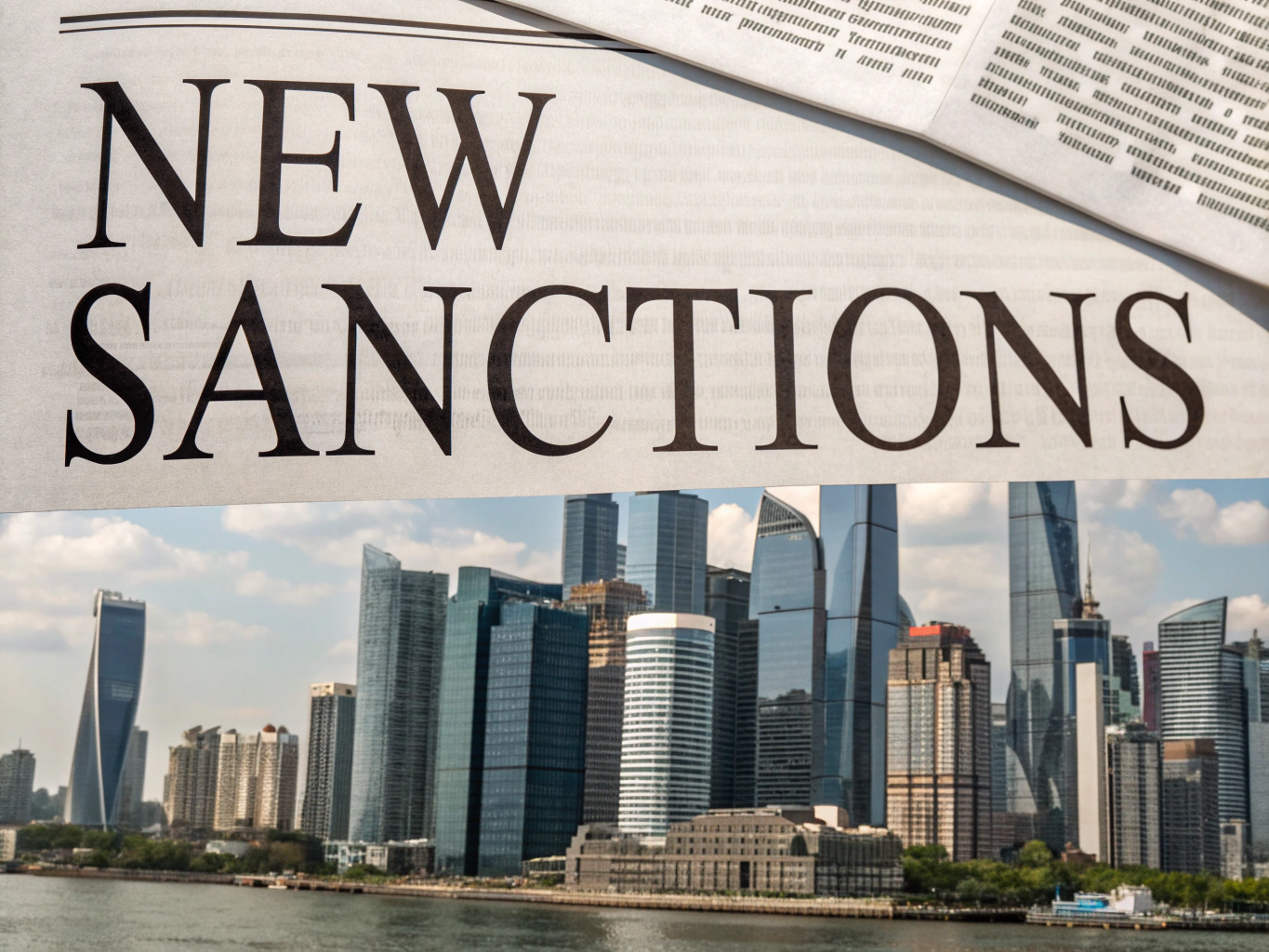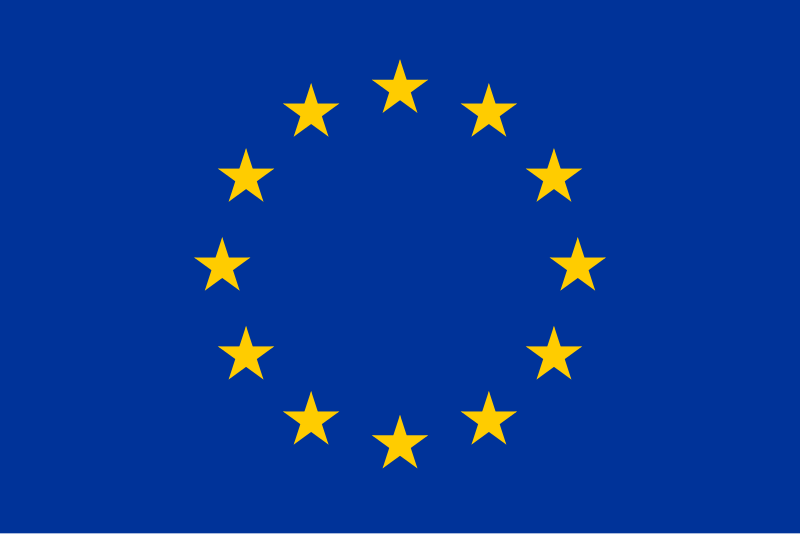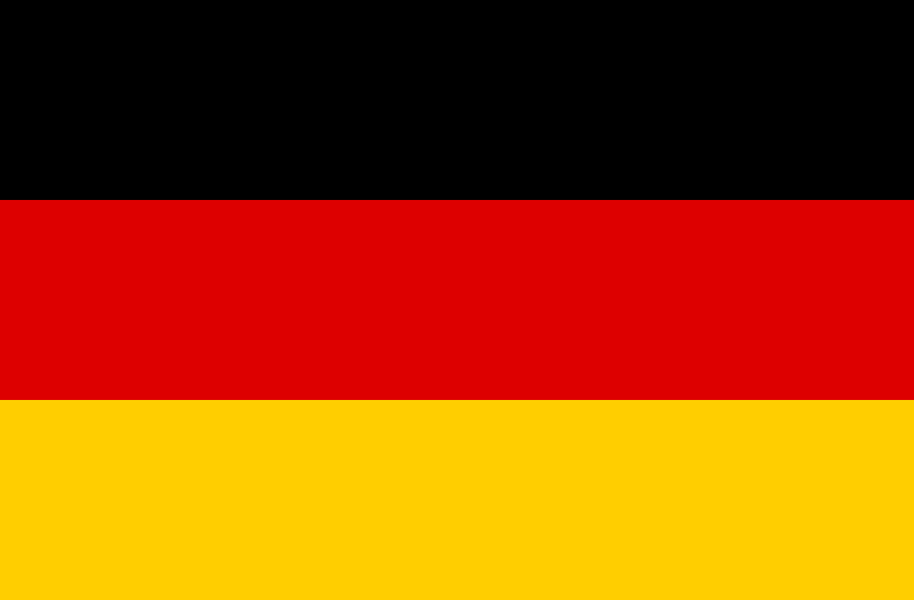Dear European business leaders,
As international law experts and advocates in international relations, the Turkish International Law & Consulting Firm team closely monitors the evolution of the EU sanctions regime.
On 23 October 2025, the European Union officially adopted the 19th sanctions package against Russia – one of the most comprehensive to date.
Agreed after prolonged negotiations (including objections from Hungary, Slovakia, and Austria), this package targets Russia’s energy revenues, strengthens financial barriers, and restricts circumvention through third countries such as China, India, and the UAE.
We provide full legal support for the international operations of European companies, helping to structure transactions in compliance with global regulations.
If your business is affected by these new measures, contact us at rt-union.com/en – our expertise will help minimize risks and safeguard your supply chains.
The Essence of the 19th Package: From Energy to Financial Restrictions

The 19th sanctions package (EU Council 2025/XXXX, 23 October 2025) introduces new and far-reaching measures beyond previous packages.
The focus is on the so-called “shadow fleet” and global supply chains, with increased pressure on third countries like China, India, and the UAE.
The goal is to reduce Russia’s export revenues (the European Commission estimates sanctions have already cut Russia’s GDP by 1–2% in 2024–2025) and weaken its military capabilities.
Key provisions:
- Energy sector: Ban on imports of Russian liquefied natural gas (LNG) starting in 2027, with a phased transition from 2025.
- This affects maritime shipments but not pipeline gas (exemptions for Hungary and Austria).
- The oil price cap has been lowered from $60 to $47.6 per barrel.
- “Shadow fleet”: Sanctions on 117 additional vessels (a total of 558) suspected of transporting Russian oil.
- Insurance and access to EU ports are prohibited.
- Financial restrictions: Blocking operations for five Russian banks, banning transactions with the “Mir” payment system, and restricting cryptocurrency exchanges.
- Extended bans apply to dealings with banks from Belarus and Kazakhstan.
- Companies and individuals: Prohibition on transactions with “Rosneft” and “Gazprom Neft” (including subsidiaries with more than 50% ownership).
- Sanctions imposed on 45 Russian defense industry entities supplying drones, electronics, and CNC machinery.
- For the first time, measures have also been introduced against 12 companies in China and Hong Kong, as well as entities in India and the UAE.
- Diplomacy and services: Restrictions on Russian diplomats’ movement within the EU.
- Ban on reinsurance of second-hand Russian aircraft and vessels, and on providing tourism or consulting services to sanctioned entities.
The measures take effect gradually: some immediately, others – particularly in the energy sector – between 2025 and 2027.
According to Bloomberg, the package affects around 200 new entities, increasing global oversight of circumvention practices.
Implications for European Companies: From Supply Chains to Criminal Risks
For EU-based companies, especially those involved in energy, logistics, or trade with Russia, the 19th package significantly increases pressure.
The European Commission estimates it could reduce Russia’s annual export revenues by €10–15 billion.
Key risks:

- Energy and logistics: EU companies reliant on Russian LNG or oil will face re-export bans.
- The “shadow fleet” will disrupt transport operations, with vessel owners risking asset seizures.
- Finance and payments: Blocking of the “Mir” system and Russian banks complicates cross-border payments.
- Crypto circumvention routes (such as Binance) are now under scrutiny, with fines reaching up to €10 million.
- Third countries: Companies in China (refineries) and the UAE (technology suppliers) are now sanctioned, disrupting joint projects with Russia.
- European firms face heightened compliance checks and due diligence requirements.
- Corporate consequences: Imports and exports with sanctioned entities such as AvtoVAZ are prohibited.
- Compliance costs have risen by 20–30%, and criminal liability risks have increased under Directive 2024/1226.
In our practice, we have seen a 35% rise in sanctions-related inquiries in October 2025.
Many businesses are rerouting supply chains via Turkey and the UAE, but without timely audits, exposure to criminal liability grows exponentially.
Mitigating Risks: Strategies from Turkish International Law & Consulting Firm
With extensive experience protecting over 100 clients from EU sanctions between 2023 and 2025, our firm provides a comprehensive compliance framework.
Our expertise includes legal audits, corporate restructuring, and representation in EU and Turkish arbitration proceedings.
Our recommendations:
- Supply chain audits: Review all partners using EU Sanctions Map and OFAC databases.
- Conduct due diligence on third-country partners, including those in China and India.
- Asset restructuring: Relocate business operations to neutral jurisdictions such as Turkey or the UAE.
- We design holding structures that remain compliant while maintaining operational continuity.
- Financial instruments: Adopt SWIFT alternatives available in Turkey.
- Incorporate sanctions-related force majeure clauses into contracts.
- Avoiding criminal liability: Legal representation in EU investigations and appeals before the European Court of Human Rights.
- Visa and compliance guidance for executives and diplomats.
- Corporate measures: Exclude sanctioned shareholders from company structures.
- Insure maritime and aviation assets against regulatory and financial risks.
Our track record:
In 2025, our firm successfully reduced €15 million in penalties for European energy companies through effective legal restructuring and compliance management.
For confidential and prompt consultation, visit rt-union.com/en.
Conclusion: Sanctions Demand Strategic Adaptation
The EU’s 19th sanctions package marks not an end but an escalation.
Legal vigilance and strategic planning are now essential to maintaining competitiveness.
While global pressure is increasing, new opportunities are emerging for compliant operations in Turkey and across Asia.
The Turkish International Law & Consulting Firm does not merely assess risks –
we build resilient, compliant frameworks that support your long-term success in international business.

























